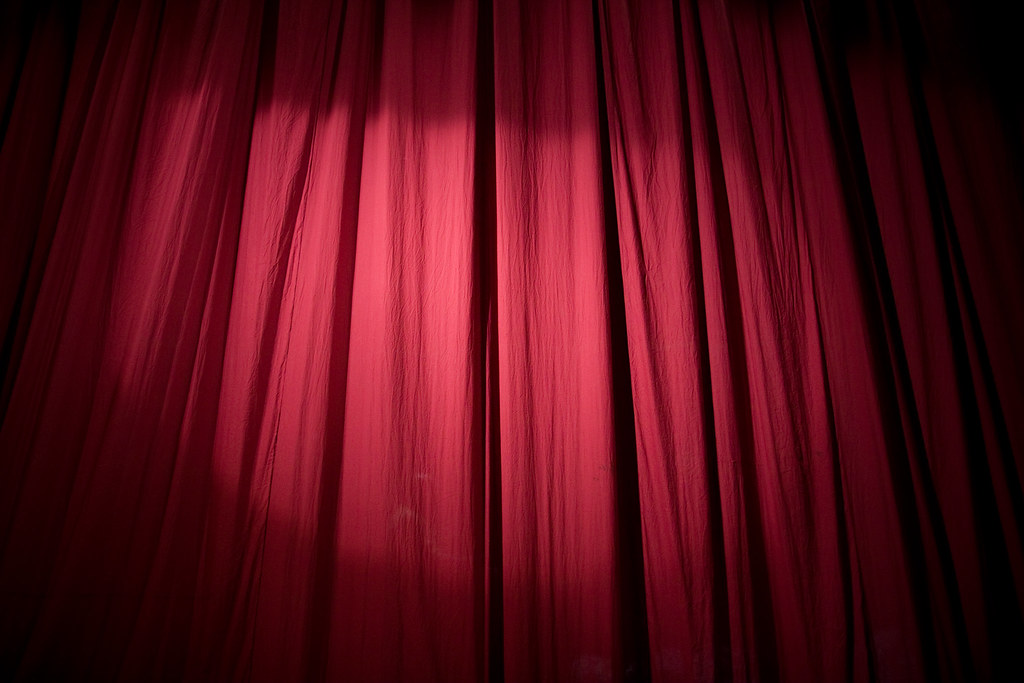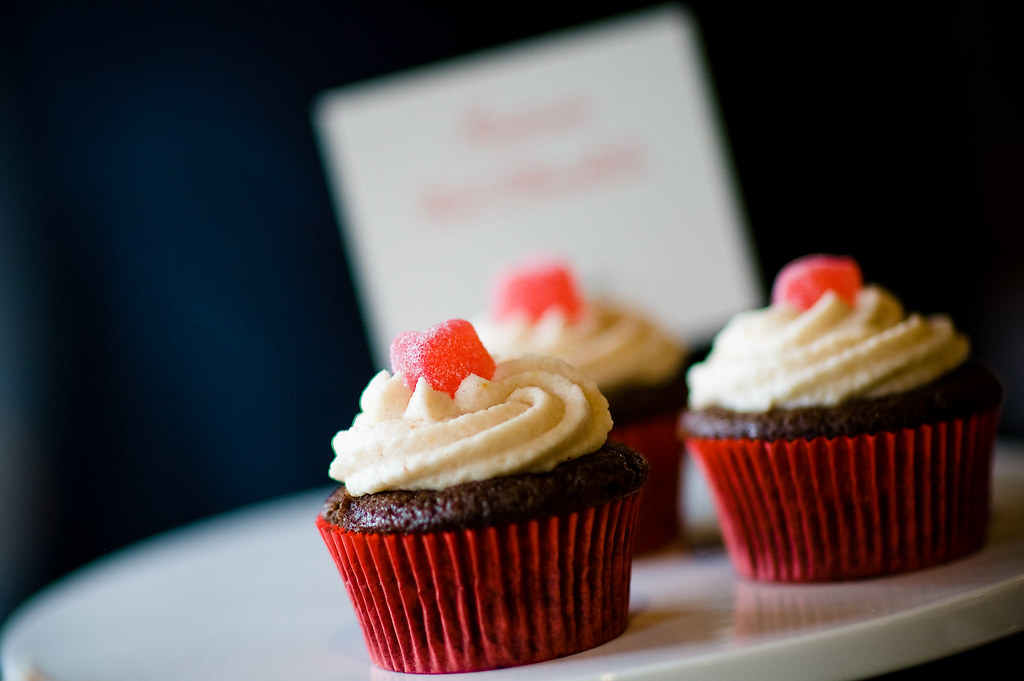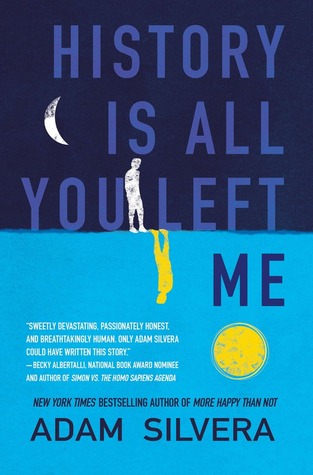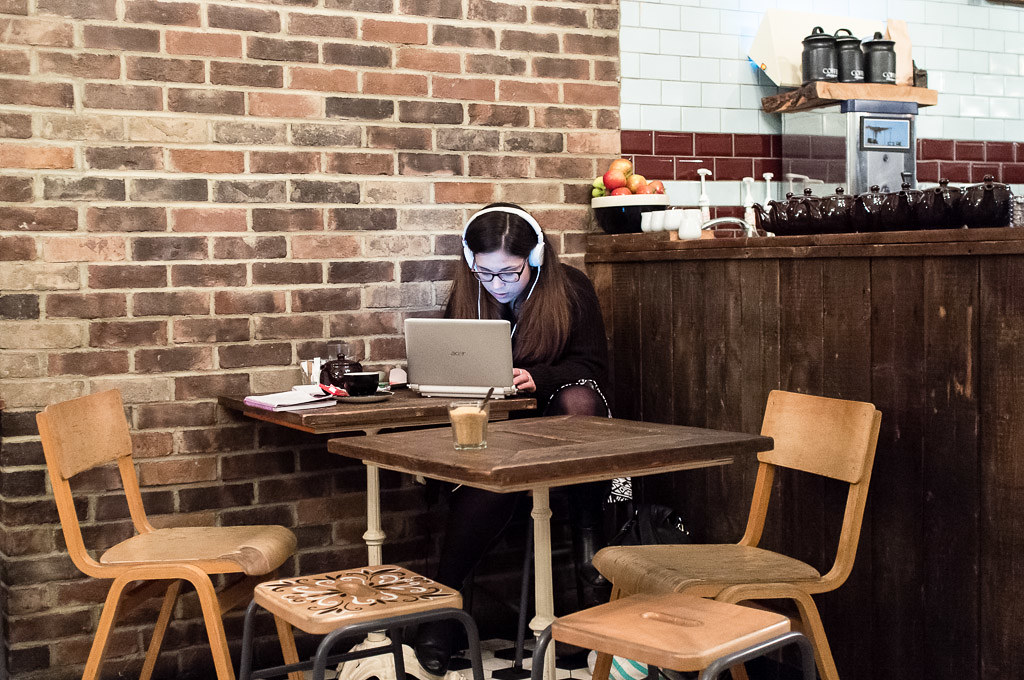 |
| Photo credit: Rsms on Flickr |
So this blog is turning six years old this year, and I've realized all this time I've managed to avoid writing a post on how to write a synopsis. Sure, I wrote a
joke post about writing a synopsis, which was really more like agonizing over writing a synopsis, and I wrote about a new thing I've been doing that's saved me a lot of pain, namely,
writing the synopsis before writing the first draft, but there are still times when you and I will have to write synopses for manuscripts we've already written, and, well. It's not easy.
I'd be remiss if I talked about synopsis writing without pointing you to
Susan Dennard's
excellent post on writing a one-page synopsis, which I reference when writing my own post-manuscript synopses. I'm not going to reiterate everything she says, and there are a lot of important points in there, so take the time to look it over.
But let's say you know the basics about putting down the main plot points and making sure you cover all the important events from beginning to end (yes, that means giving away the end) and you're still struggling. Because condensing your book into a synopsis? Is really hard.
The way I usually go about it when I have to write a synopsis after writing the full manuscript, is to not worry about the length at first. I go through and explain the major plot points, trying to keep each point no more than a sentence or two. If you're a plotter like I am, it helps to have your outline out next to you while you do this—both because chances are likely you already condensed the main plot points into a sentence or two for your outline, and because it's easier to decide what's vital to mention and what isn't when you have the whole outline in front of you.
Then I write. I cover the main conflict and plot, the important plot twists, briefly mention any romantic entanglements when relevant (although, if it's not a huge part of the plot, then I gloss over that), and make sure the core of the story is explained.
When I reach the end of this initial synopsis, it's usually way too long—like, eight to fifteen pages when it should really be no more than three or so. But that's okay; for me, at least, it's much easier to cut than it is to add, which brings me to my next step: condensing.
This is also a good time to make sure you've formatted your synopsis correctly. A synopsis should be single-spaced, Times New Roman point 12, regular margins, etc. I mention this now because in the past I've accidentally had the wrong font, done a bunch of work condensing, thought I was done—then realized the font was wrong and when I changed it still had half a page left to cut. So to save you that agony, make sure you've formatted correctly from the beginning.
Back to condensing! So this is where you need to ask yourself what is vital to cover and what isn't. Oftentimes, when you think about it, you'll find you've mentioned scenes you could breeze over with half a sentence or cut altogether, so that's the first area you'll want to cut. Once you've gone through and made sure
every scene you mention is
absolutely vital to understanding the plot, you'll then want to take a look at your word choice.
Ask yourself if that scene you described in three sentences could be described in one, or if you could mash those two scenes together into the same sentence. Then when you're done with
that, it'll be time to condense your language. For a list of words and phrases to look out for, check out my two line editing posts,
How to Condense Without Losing Anything Useful and
How to Make Cuts Without Losing Anything Useful.
In the end, how long should your synopsis be? I aim for one to three pages, generally, but guidelines vary situation to situation and agent to agent. If you're querying, it's a good idea to have a one page synopsis
and a two-or-three page synopsis ready, because a lot of it comes down to preference. There are situations where longer synopses are okay, too (especially if your manuscript is super long), but in general, shorter is better.
With all those steps in mind, the synopsis is yours to master. Here's hoping you won't have to do another one for a while. ;)
How do you tackle writing a synopsis?
Twitter-sized bite:
Struggling to condense your manuscript into a synopsis? @Ava_Jae shares some tips for this dreaded step. (Click to tweet)




















